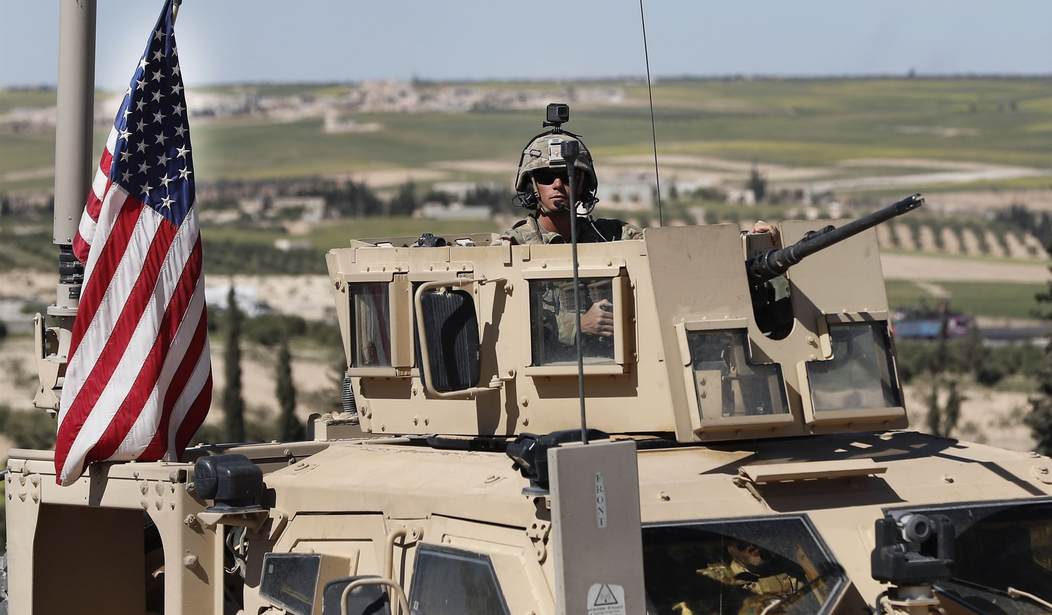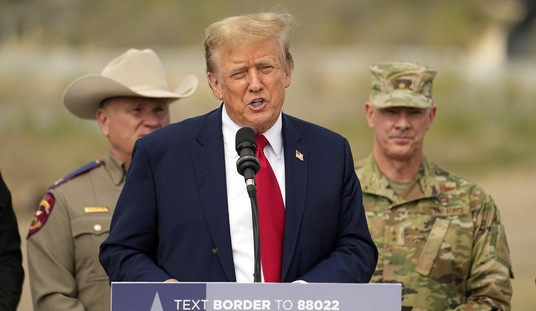The Pentagon announced recently that the United States would withdraw additional troops from the Iraq and Afghanistan conflicts, reducing the overall force levels in both countries but falling short of a complete pullout. Many may see these announcements as a campaign gambit by President Trump to re-energize his base and capture some of the lightning he was able to bottle across the political spectrum in 2016 by criticizing the “endless wars” that were supported by administrations of both parties. Trump has even gone out of his way in recent days to paint himself as an unpopular antagonist to senior military leadership who are beholden to defense contractors.
While some of this is campaign theatrics, it shouldn’t detract from the importance of these issues and the benefits of such policies. The American troop presence in Iraq and Afghanistan after nearly two decades is largely an attempt to save face after investing thousands of lives and hundreds of billions of dollars behind an idealism that has proven unwarranted.
Take the conflict in Afghanistan, which each day sets the record for longest U.S. military engagement. The Taliban government that supported Al-Qaeda’s presence in the country before 9/11 was defeated within the first year of action, and the core terrorist group responsible for the attack was significantly diminished with many leaders killed, captured or scattered, including the death of Osama bin Laden in 2011. The only legal fig-leaves allowing U.S. forces to stay in the country are agreements with the Afghan government that are usually accompanied by millions in assistance funding and the broad language of the 2001 Authorization for the Use of Military Force to “prevent any future acts of international terrorism against the United States by such nations, organizations or persons.”
This language, taken to a logical extreme, could justify an American force presence in perpetuity as we could never certify that the mission is accomplished. But rather than review and reform this language in light of developments over the past two decades, Congress has yielded to the status quo.
Recommended
We are really left with three strategic directions to take in Afghanistan:
1) A permanent U.S. “counterterrorism” force left in the country propping up a corrupt and ineffective government of our own creation at the cost of billions of dollars annually and more American casualties.
2) A complete withdrawal from Afghanistan without agreements, in which the Afghan government would likely collapse altogether or would be part of a prolonged civil war with other competing actors.
3) Come to some sort of negotiated agreement allowing for a withdrawal of U.S. forces and the hope that a peaceful governing coalition would stay intact.
None of these are good options, especially when you consider lives and money sacrificed in the conflict. Despite President Trump’s rhetoric, his administration seems aimed towards the third option, which carries a significant risk – almost a guarantee – that the U.S. would be pulled back into the conflict because of an agreement violation, devolving the country into the civil war scenario of option two.
When it comes down to it, 19 years after the September 11 attacks, the biggest security risk to the U.S. from Afghanistan is only created by our continued presence there. It is far better to bring our warriors home without any conditions or agreements.
The situation in Iraq is similar yet may be even more desperate. Modern Iraq, within the borders that we currently know, has been ruled and held together either by an external force or an internal strongman for most of the last century. The ethnic and religious sects that make up the Iraqi population have long been hostile to each other, and the country has yet to prove that it can stand on its own as a democracy. Add to that the influence of powerful and competing neighbors in Iran, Saudi Arabia, and Turkey, and U.S. forces could easily be wrapped up in a decades-long peacekeeping mission that can never be accomplished, losing more blood and treasure along the way.
Many Americans on both sides of the political aisle saw the absurdity of this in 2016, and it helped propel President Trump into office. He ran against the mainstream national security policy thinking of both parties by eschewing idealism for a largely realism-based approach that focused on actual national security interests. This latest troop reduction may be in part an attempt to recapture some of this political magic, but it should not take away from the soundness of the policy.
Robert Moore is a public policy advisor for Defense Priorities. He previously worked for nearly a decade on Capitol Hill on national security and foreign policy, most recently as the lead staffer for Senator Mike Lee on the Senate Armed Services Committee.

























Join the conversation as a VIP Member